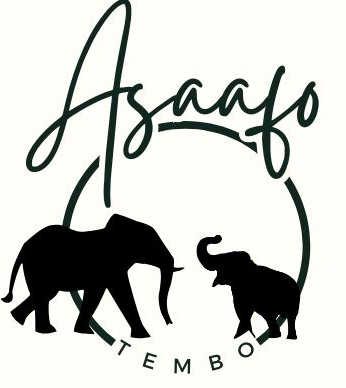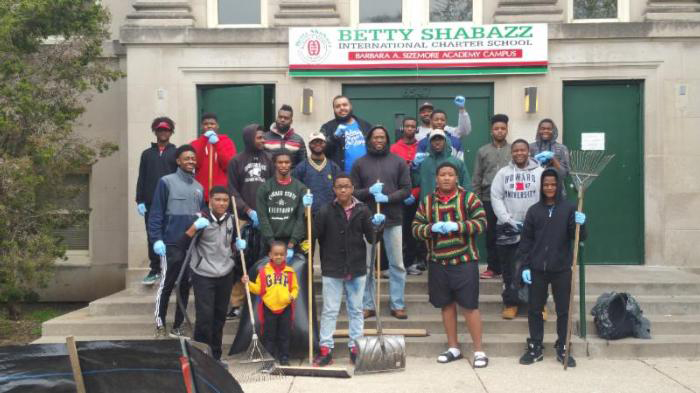ASAAFO Program
 The Asaafo program was designed to serve African American male middle-school students
from low income communities who are or may have been exposed to crime, trauma, drugs,
violence, abuse, or other adverse social or emotional conditions.
The Asaafo program was designed to serve African American male middle-school students
from low income communities who are or may have been exposed to crime, trauma, drugs,
violence, abuse, or other adverse social or emotional conditions.
Program mentors are trained to address their mentees from an African centered frame
of reference that is considerate of the unique set of challenges presented to African
American adolescents and teens who are male. Through a regimen comprised of group
chats, one-to-one check-ins, team building exercises, group outings, and a variety
of restorative practices including cognitive behavioral therapy, men’s work, cultural
expression, conflict resolution, and social skills development the program seeks to
foster comradery by establishing lifelong peer-to-peer and mentee-to-mentor connections
between its participants.
The Asaafo Program is made possible through a partnership established between the
Betty Shabazz International Charter Schools (BSICS) network and Chicago State University’s
African American Male Resource Center (AAMRC). Through this arrangement, AAMRC trains
and dispatches African American Male college students to facilitate school-based mentor
sessions with at-risk African American male middle
school students, once a week for 90 minutes per session. The mentors are members of
the center’s Teaching and Educating Men of Black Origin (TEMBO) program.

There are four mentors assigned to each campus and each mentor is assigned five mentees to work with in group sessions as well as one-on-one. Asaafo is designed to help build individual achievement and civic engagement in the context of family, community and the world as well as to prepare the boys to affirmatively embrace the challenges and opportunities awaiting them as they traverse from adolescence into productive adulthood. The program initiatives support male responsibility (manhood), promote healthy lifestyles, and develop leadership skills. Asaafo also places a heavy emphasis on college and career readiness, with students visiting CSU to be immersed in a collegiate environment, seeing men who look like them and come from the same communities as them thriving and enjoying college life. This experience assists in helping BSICS students to realize that college is a viable option for them as well.

 All Rights Reserved
All Rights Reserved